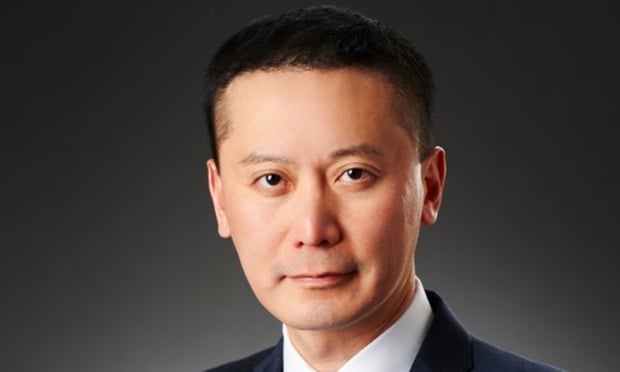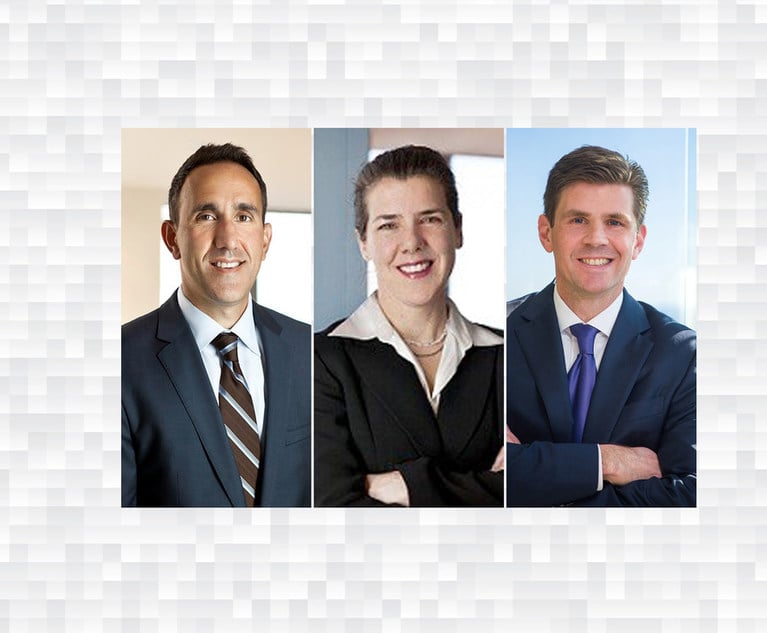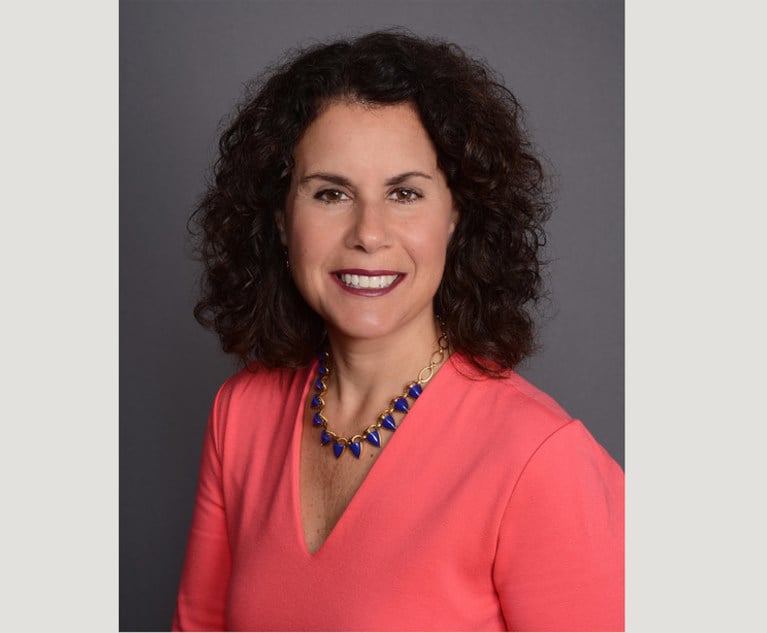As social distancing, travel limitations and working from home have become the norm due to the coronavirus (COVID-19), lawyers should give renewed consideration to conducting depositions by remote means. Remote depositions allow the deposition to proceed even though the witness is not in the same room as some or all of the other participating counsel and other persons entitled to be present.
Federal Rule of Civil Procedure 30(b)(4) and similar state rules authorize remote depositions by stipulation of the parties or court order. Having conducted several depositions through remote means recently, including expert depositions, our firm attorneys believe the benefits of taking remote depositions far outweigh the perceived limitations.


 Edward T. Kang, Kang Haggerty & Fetbroyt
Edward T. Kang, Kang Haggerty & Fetbroyt




